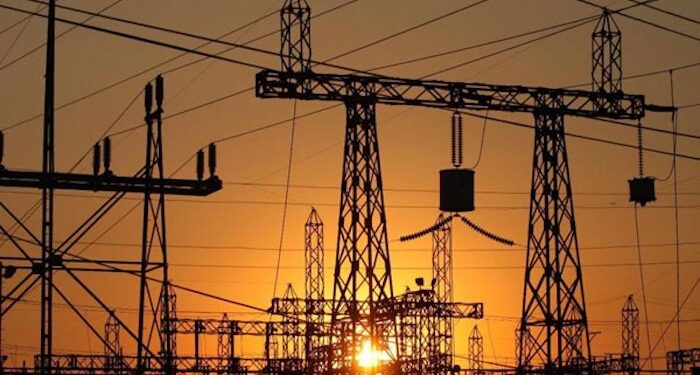According to reports from Bloomberg and Reuters, the federal government of Nigeria is considering a substantial increase in energy prices in a bid to attract new investment and alleviate the strain on public finances caused by subsidies. The proposed plan would nearly triple energy prices, allowing power companies to raise tariffs to N200 naira ($0.15) per kilowatt-hour from the current N68 naira for urban consumers.
Sources within the presidency, speaking on condition of anonymity, revealed that the move aims to address price distortions in the energy sector and reduce the substantial subsidy burden borne by the government. Currently, the government covers the difference between the actual cost of distributing electricity and the amount charged by power companies, resulting in significant financial strain.
President Bola Ahmed Tinubu is reportedly driving these reforms to improve the viability of the energy sector, which has long been plagued by inefficiencies and underinvestment. Despite privatization efforts in 2013, tariffs have remained below cost-recovery levels, hindering the financial health of power firms and impeding sector growth.
The proposed tariff increase is expected to shift the burden of subsidy from the government to consumers, with the government now only subsidizing electricity for the poor in rural areas. This move aligns with broader efforts to streamline public spending and reduce fiscal deficits.
In addition to raising electricity tariffs, the Nigerian Midstream and Downstream Petroleum Regulatory Authority recently increased the price of natural gas, further impacting the cost of electricity generation. These reforms, coupled with ongoing efforts to address debt owed by electricity generating companies, signal a comprehensive overhaul of the energy sector aimed at fostering sustainability and attracting much-needed investment.
While these measures are intended to bolster Nigeria’s economic prospects and stimulate growth, they also pose challenges, including the potential for increased inflation and public discontent. However, government officials remain optimistic that these reforms will ultimately pave the way for a more robust and resilient energy sector, driving broader economic development in the country.


